Climate and Ag in the news
-
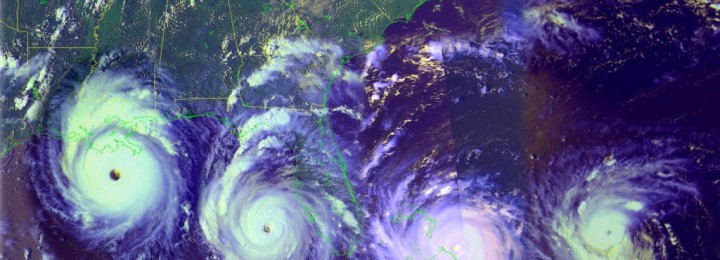
The hurricane prediction group at Colorado State University released their April prediction for the upcoming Atlantic tropical season. You can read all the gory statistical details at https://hurricane.atmos.colostate.edu/Forecasts/2015/apr2015/appdr2015.pdf. Here are the predicted numbers, with average values in parentheses: ATLANTIC BASIN SEASONAL HURRICANE FORECAST FOR 2015 Forecast Parameter and 1981-2010 Median (in parentheses) Issue Date 9…
-

The latest issue of the National Drought Monitor was released this morning. It shows that abnormally dry conditions and drought expanded slightly across the Southeast, especially in Florida, Alabama and Georgia. An area of moderate drought was reintroduced to southwestern Georgia and an area of severe drought was added to southeast Alabama. You can get…
-
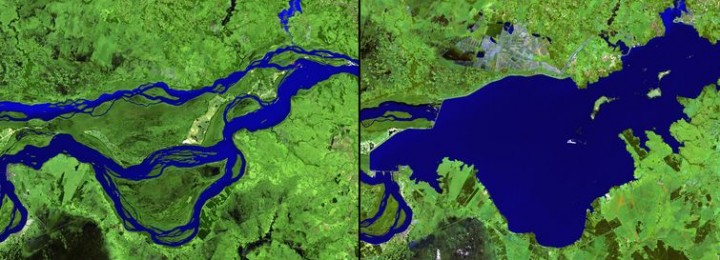
This week VOX published a series of spectacular images which show how humans are changing the planet through agriculture and urbanization as well as abandonment of areas under drought and nuclear disasters. You can view these images at https://www.vox.com/2015/4/7/8352381/anthropocene-NASA-images.
-

EDENotes blog posted a story today on new definitions for severe weather threat from the National Weather Service’s Storm Prediction Center. You can find the blog entry here. The Storm Prediction Center has provided these new categories to make the daily threat levels more clear and explain what kinds of severe weather are likely to…
Posted in: Climate and Ag in the news -
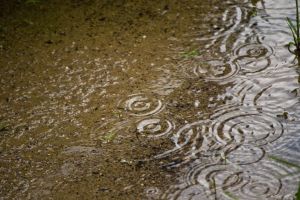
As the Miami Marlins learned yesterday, weather apps should be used carefully when planning short-term work that may be impacted by current weather. The Marlins play in a stadium with a retractable roof which is supposed to prevent rain delays. However, to do that it has to be closed. Yesterday, they started the game with…
-
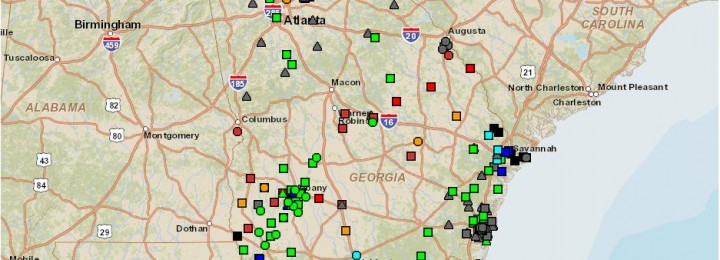
I’ve seen a couple of interesting stories on groundwater today that I thought I would pass along. One is on the continuing crisis in the groundwater levels in California due to a combination of drought and extensive pumping, mostly by agricultural producers. You can read that story from the New York Times here. The story…
-
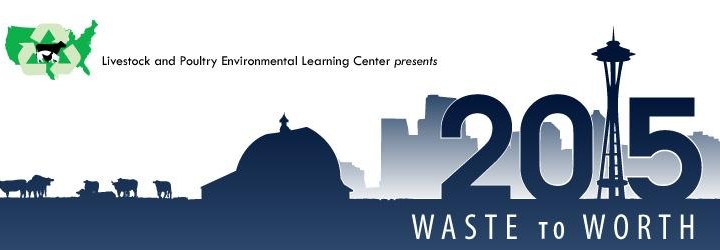
Last week I attended the Waste to Worth conference in Seattle, a meeting filled with useful information on a variety of topics related to managing livestock and animal waste under expanding regulations and increasingly variable climate. Our sister blog posted an entry on some of the things that were being discussed at the W2W meeting.…